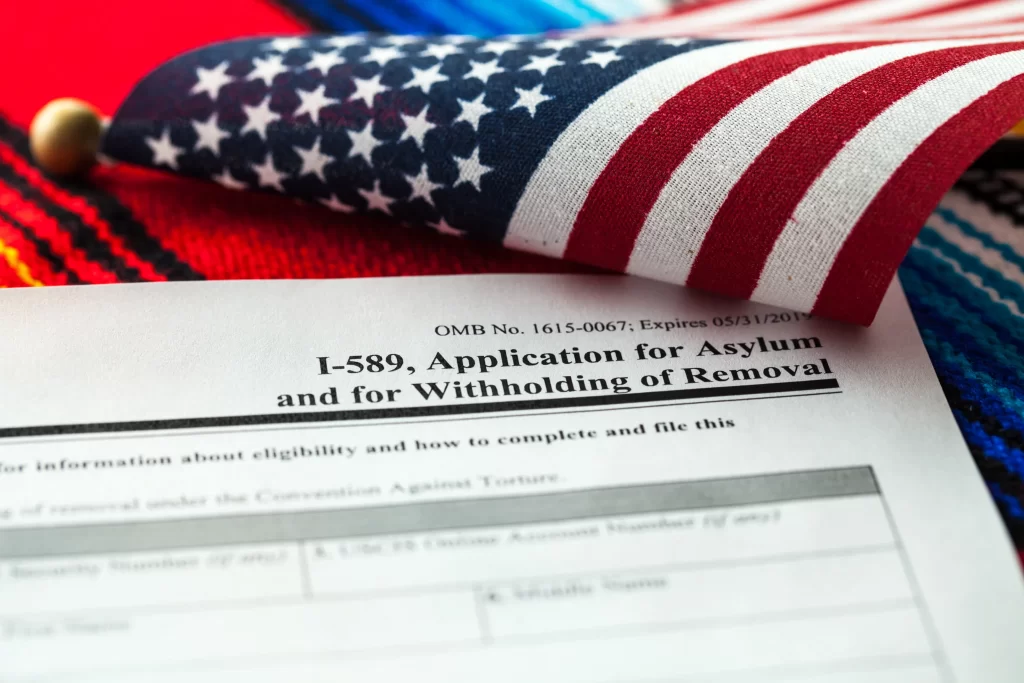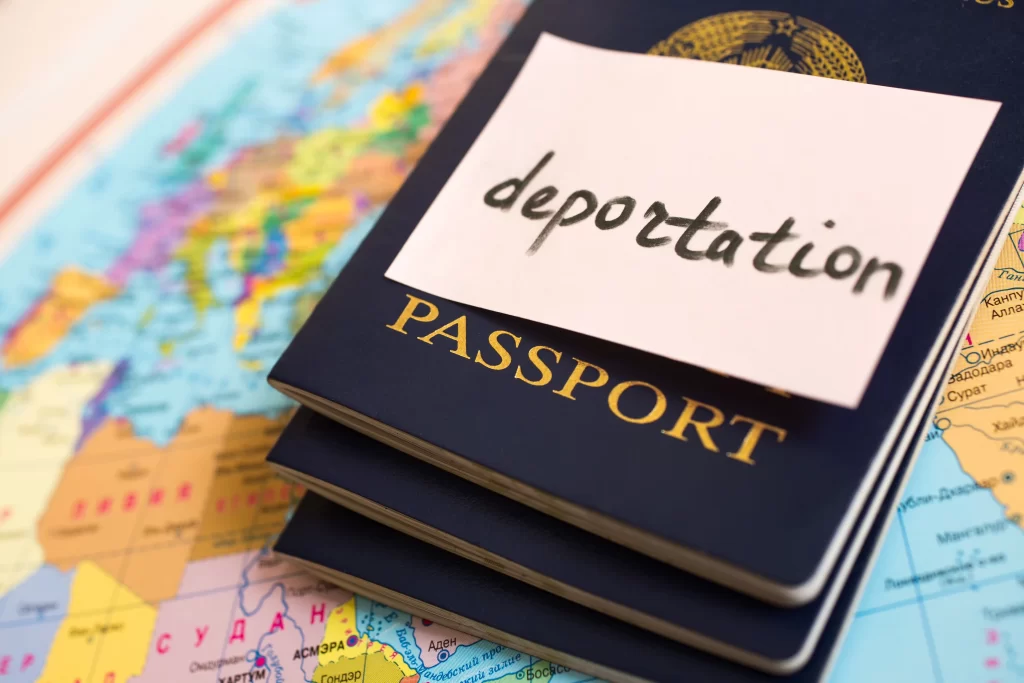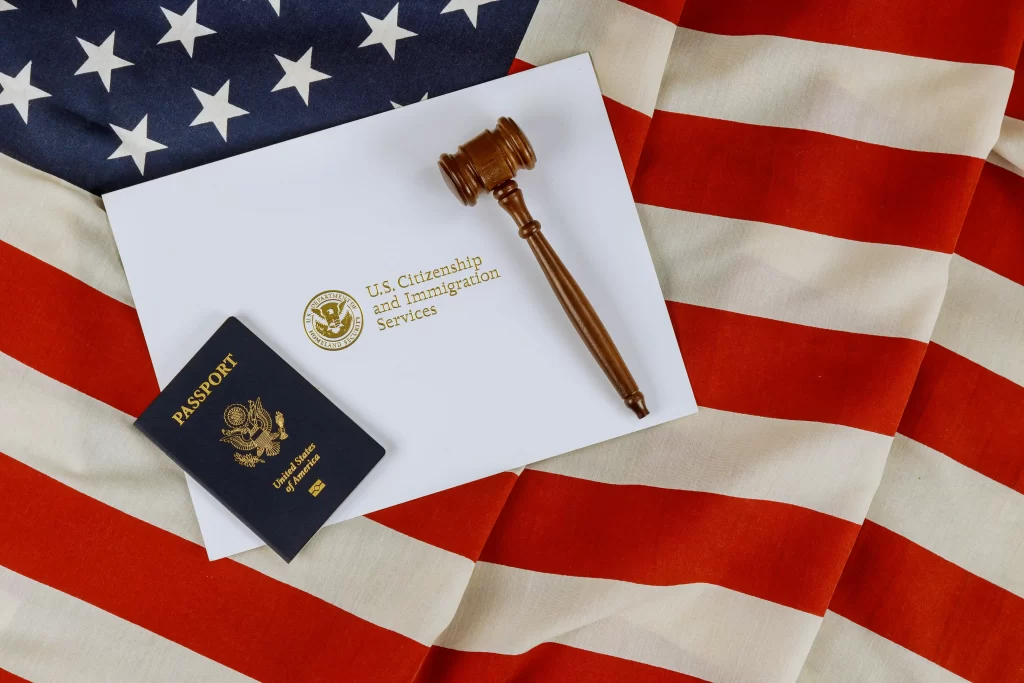Blog
Related Articles

Inmigration laws
The hope of winning an asylum case
The asylum is a way to obtain permanent residence in the US. Asylum cases tend to be complicated giv...
 María Mendoza
María Mendoza
Published: May 9, 2023

Inmigration laws
Overstayed Your Visa? Here Are Your Options to Fix Your Immigration Status in the U.S.
For many reasons, thousands of people enter the United States legally with tourist, work, or student...
 María Mendoza
María Mendoza
Published: July 25, 2025

Inmigration laws
How to obtain legal migratory status when having a removal order issued in absence?
There are different reasons why an individual may receive a removal order. It could be, for instance...
 María Mendoza
María Mendoza
Published: March 6, 2023

Inmigration laws
Donald Trump signs executive orders impacting immigration in the U.S.
I am attorney María Mendoza, an immigration lawyer. Last Monday, January 20, Trump took offic...
 María Mendoza
María Mendoza
Published: January 23, 2025

Inmigration laws
Ways to regularize migratory status if deported from the US
Something that can be done if deported from the US; if there was a voluntary exit under unlawful pre...
 María Mendoza
María Mendoza
Published: September 26, 2023